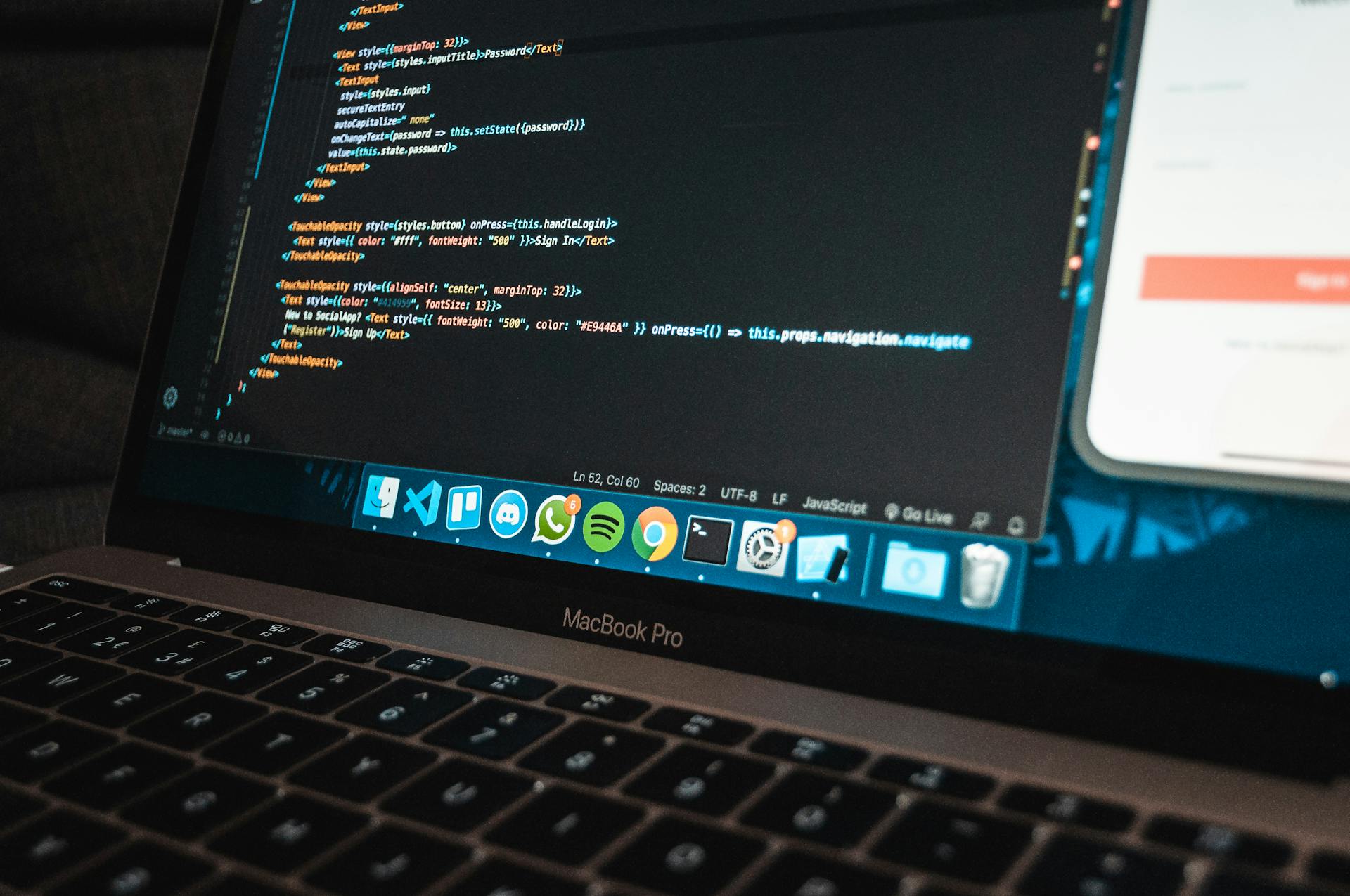What Are the Advantages of Yandex Food Delivery Bots?
Yandex, a Russian technology company specializing in self-driving systems, is partnering with GrubHub to test their food delivery bots on 250 college campuses this fall. These automated bots will replace traditional food delivery drivers, offering a cost-effective and eco-friendly alternative for food delivery services. Yandex food delivery bots are cheaper to maintain and do not require an hourly wage or gas costs, making them a profitable option for food delivery services. Additionally, they can easily reach areas that are not accessible to cars, such as sidewalks and walkways, making food delivery more convenient for college students. Lastly, by using food delivery bots instead of cars, Yandex is helping to reduce smog and pollution, making it an eco-conscious choice. Stay tuned to see how this innovative food delivery system could change the food delivery game in the near future.
Essential Designs Team
|
July 15, 2021


Yandex is a Russian technology company which makes self-driving systems, such as self-driving cars and self-driving bots. Starting this fall, Yandex is teaming up with GrubHub to use their fleet of food delivery bots on 250 college campuses.These food delivery bots will be used in place of traditional GrubHub drivers, delivering food to college students when they order it. This is considered to be a test run to see how viable it is to roll this type of delivery system out in cities across the country. If you have never heard of food delivery bots, you may be wondering what the advantages are compared to traditional GrubHub or food delivery methods. Here are a few of those benefits.

Yandex Food Delivery Bots Are Cheaper Than Working With Drivers
One of the major advantages associated with Yandex food delivery bots is that these bots are much cheaper than working drivers. When you hire a food delivery driver, that driver has to make a fair hourly wage, as well as cover costs associated with gas and wear and tear on their vehicle. Bots are cheaper to maintain and do not need an hourly wage, which may help to increase the profits for food delivery services and decrease the amount you pay to have food delivered right to your door. One major cost savings that consumers will see right away is tipping - you do not have to tip a food delivery bot!
Yandex Food Delivery Bots Can Reach Areas That Are Not Accessible to Cars
The second advantage to Yandex food delivery bots is that bots are able to reach areas that are not accessible to cars. Bots are able to go down sidewalks and walkways. One of the downsides to traditional delivery options for college campuses is that there are a few main parking lots, but from there, college students walk or use bikes. As such, a college student may have to walk quite aways to find a street or parking lot to meet a delivery driver. Bots are smaller and can go down sidewalks, so they will be able to deliver food right outside of dorm buildings. This is safer for college students who want food in the evening hours and more convenient.
Yandex Food Delivery Bots Cut Down on Smog and Pollution
The final benefit associated with Yandex food delivery bots is that they help to cut down on smog and pollution. Cars create smog and pollution. Food delivery bots do not. By using these bots over cars, Yandex is doing its part to cut back on pollution and global warming. Bots also do not use gas, which helps to reduce the company's carbon footprint. More consumers are trying to make eco-friendly or eco-conscious decisions when selecting companies to do business with. Selecting a food delivery bot over a food delivery service that uses a car helps our environment.Automated helpers are expected to be the wave of the future, but currently companies are still trying to figure out the logistics of making it work. This fall, when Yandex partners with GrubHub to roll out food delivery services to 250 college campuses with the use of food delivery bots, we will all see exactly how this type of system works and how it may alter our lives in the very near future.









